Frontiers
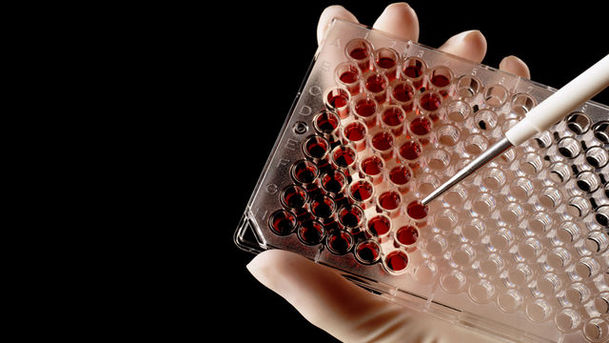
Programme exploring new ideas in science and meeting the scientists and researchers responsible for them, as well as hearing from their critics

Frontiers - 05/12/2007
Series exploring science at the cutting edge. 3/6: Andrew Luck-Baker visits NASA to meet the astronauts who are preparing for a mission to repair the Hubble Space Telescope.
Details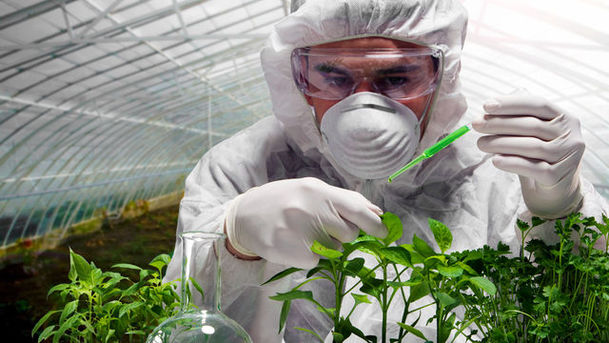
Frontiers - 07/12/2009
As negotiators meet in Copenhagen to discuss climate change, Richard Hollingham asks if Europe should give a signal to the developing world and allow the cultivation of GM crops.
Details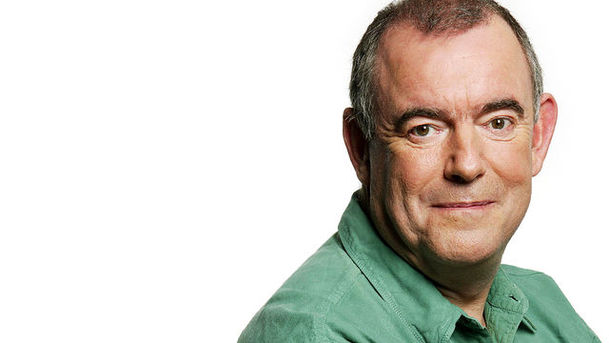
Frontiers - 14/12/2009
Gerry Northam investigates Home Office proposals to check asylum seekers' credentials using DNA and isotope analysis.
Details
Frontiers - 19/12/2007
Cutting-edge science series. 5/6: Helena Kennedy QC, Angela Gallop of LGC Forensics and chief constable Tony Lake debate the increasing use of scientific evidence in criminal cases.
Details
Frontiers - 21/11/2007
Series exploring science at the cutting edge. 1/6: Andrew Luck-Baker describes efforts to sequence Neanderthal DNA in the hope of learning more about the process of human evolution.
Details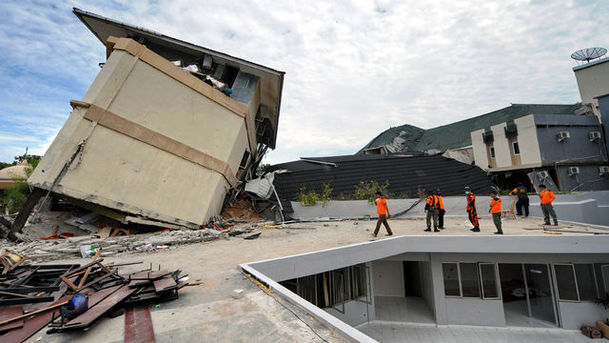
Frontiers - 21/12/2009
Five years after the great Indian Ocean tsunami, a further two powerful quakes in September 2009 reminded us that the region remains at risk. Roland Pease reports.
Details
Frontiers - 28/11/2007
Series exploring science at the cutting edge. 2/6: Philip Ball takes a look at a new wave of medical inventions that could revolutionise the way we receive treatment.
Details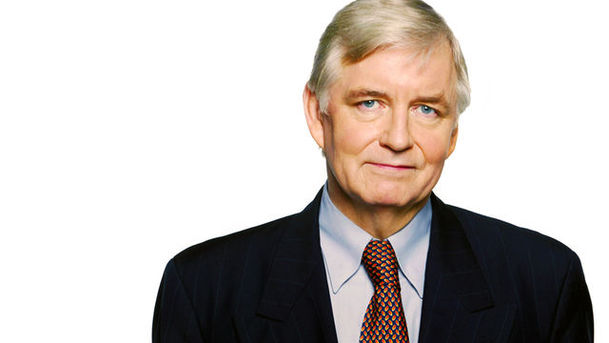
Frontiers - 30/11/2009
Geoff Watts explores the complex relationship between global warming and a changing global population, and debates the scientific arguments with a panel of guests.
Details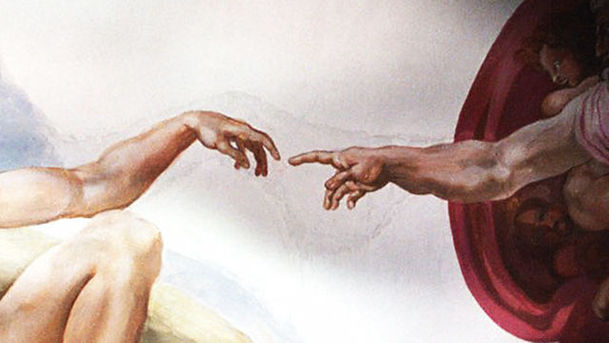
Frontiers - Acts of Creation
The creation of an artificial cell by Craig Venter shows what synthetic biology is capable of. But others want to go much further, and recreate life from scratch.
Details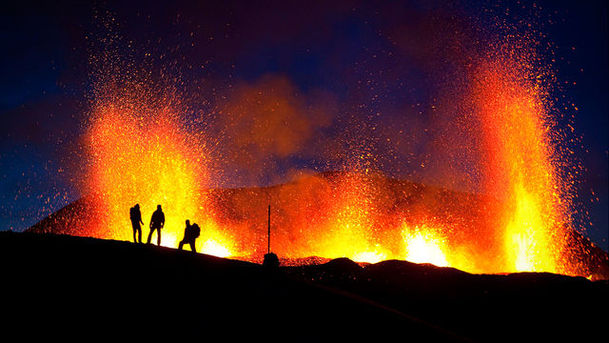
Frontiers - After the Volcano
After the volcano: Tracey Logan investigates the aftermath of the Icelandic eruption that grounded air traffic across a continent and asks if we're ready for the next one.
Details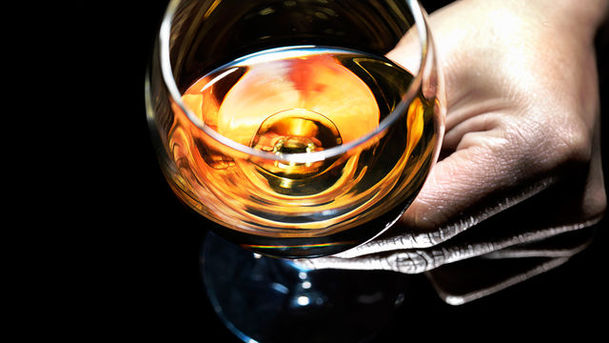
Frontiers - Alcohol
Sue Nelson goes behind the headlines to find out how alcohol affects our health. The impact of drink on our health is rarely out of the news, but information can be confusing.
Details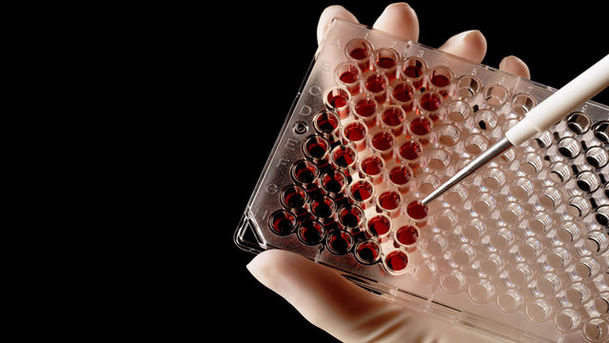
Frontiers - Algae
Adam Hart-Davis visits the SESAME x-ray project in Jordan, where Palestian works alongside Israeli, Cypriot alongside Turk, and Egyptian alongside Iranian.
Details
Frontiers - Amphibian Collapse?
One third of amphibians globally are threatened with extinction. Sue Broom investigates the mysterious disease that's killing frogs, newts and salamanders across the world.
Details
Frontiers - Antarctica
Gabrielle Walker joins scientists from the British Antarctic Survey on board HMS Endurance to look at the effects of climate change.
Details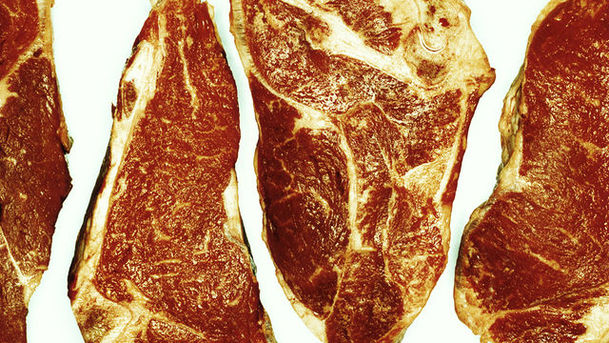
Frontiers - Artificial Meat
At a time when we're being told that livestock production is an inefficient and unsustainable use of resources, Geoff Watts consider progress in developing synthetic alternatives.
Details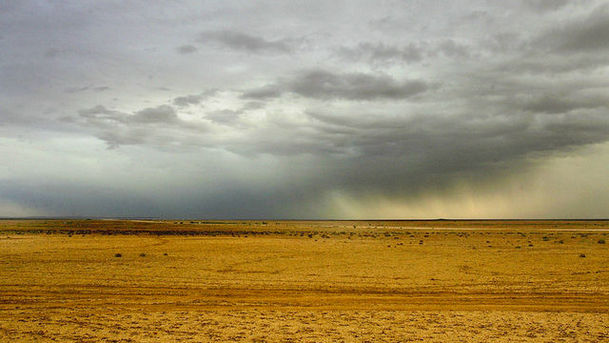
Frontiers - Bioprecipitation
Richard Hollingham investigates if bacteria in the atmosphere can influence the weather and meets scientists working in what has been called 'bioprecipitation'.
Details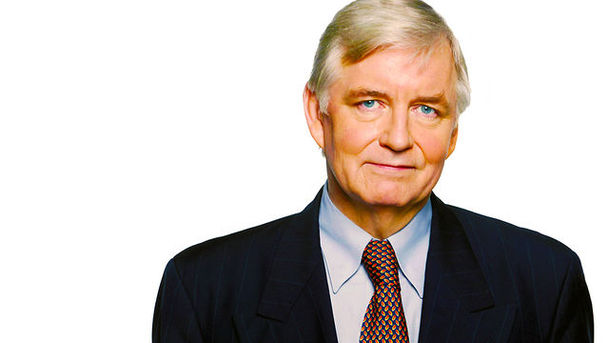
Frontiers - Cancer Treatment
Is a new personalised drug for skin cancer the biggest revolution in cancer medicine to date? Geoff Watts finds out if our knowledge of the human genome is fulfilling its promise.
Details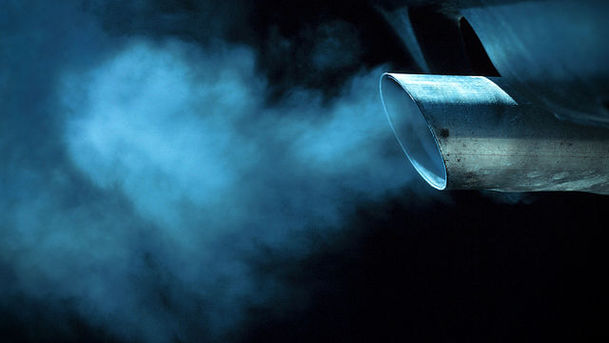
Frontiers - Carbon Detectives
Richard Hollingham meets the researchers who are trying to develop a network of tracking stations that can monitor greenhouse emissions, using a suite of chemical fingerprints.
Details
Frontiers - Coral Reefs
Andrew Luck-Baker visits the Pacific islands of Palau to witness the mass spawning of the coral reefs. He meets the marine biologists inspired by this phenomenon.
Details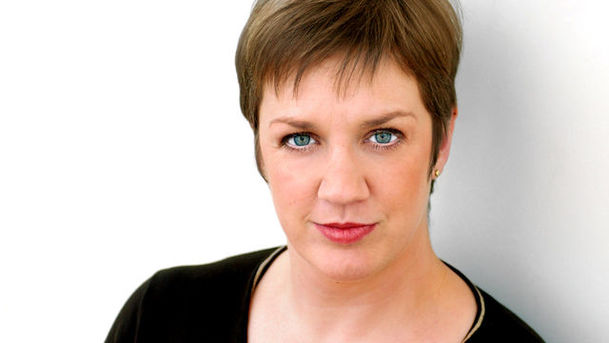
Frontiers - Dark Matter
British physicists are about to start the next phase of their search for dark matter. Sue Nelson joins them down a mine to ask why they need to set up their experiment underground.
Details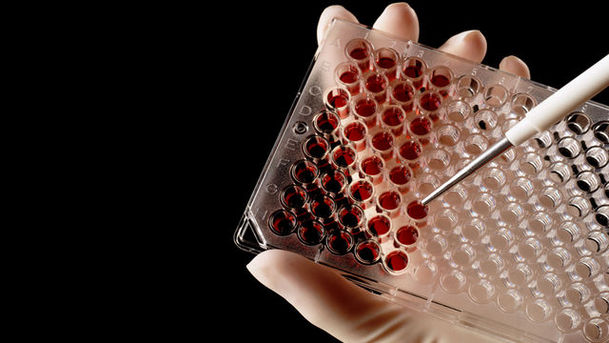
Frontiers - Desalination
Adam Hart-Davis visits the SESAME x-ray project in Jordan, where Palestian works alongside Israeli, Cypriot alongside Turk, and Egyptian alongside Iranian.
Details
Frontiers - Disgust
Cutting-edge science series. 6/6: Disgust. Claudia Hammond investigates new research identifying a link between moral revulsion and a physiological reaction in the body.
Details
Frontiers - Energy Harvesting
Energy Harvesting: The unlikeliest of sources can produce vibrations that can be turned into electricity. Gareth Mitchell meets the scientists trying to harvest energy.
Details
Frontiers - Epigenetics
We are changed by how we live and what we eat. Now there's evidence that we can pass on these environmental changes to our children. Adam Rutherford examines these new findings.
Details
Frontiers - Episode 1
Peter Evans explores the study of ageing and longevity, one of the most exciting areas of current scientific research which has opened up a new field of medicine.
Details
Frontiers - Episode 3
Peter Evans pays tribute to Carl Linnaeus, the father of taxonomy. The Swedish scientist developed the system of nomenclature for all plants and animals that is still used today.
Details
Frontiers - Episode 4
Peter Evans recalls the discovery of high-temperature superconductors 20 years ago. Huge technological advances were promised, but have they materialised?
Details
Frontiers - Episode 5
Series exploring science at the cutting edge. Peter Evans investigates recent advances in brain scanning technology which can reveal some of our innermost thoughts.
Details
Frontiers - Episode 6
Contemporary scientific evidence for climate change was published 30 years ago. Peter Evans asks why it has taken so long for the problem to be generally recognised.
Details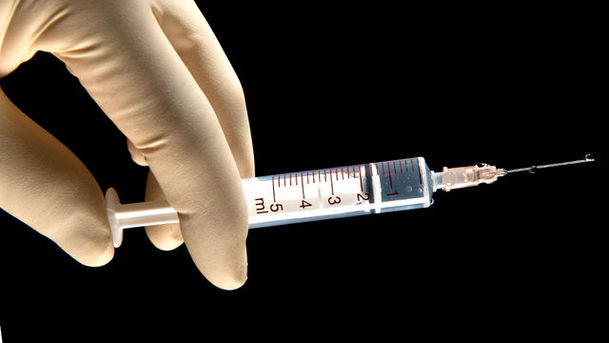
Frontiers - Future Vaccines
Geoff Watts examines what went wrong with the hopes, last century, of vaccination eradicating many diseases. He asks how we go 'from here to immunity'.
Details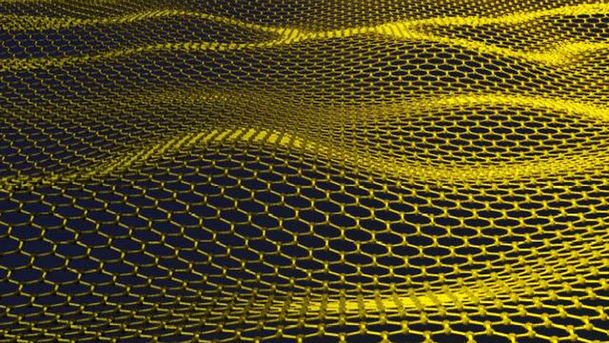
Frontiers - Graphene - the new wonder material
Vehicles powered by hydrogen fuel cells promise pollution free transport. Gareth Mitchell explores if hydrogen can ever realistically replace oil as the fuel for mass transport.
Details
Frontiers - Green Ships
Series exploring science at the cutting edge. 4/6: Green Ships. Gareth Mitchell examines attempts to introduce new environmentally friendly technology to the shipping industry.
Details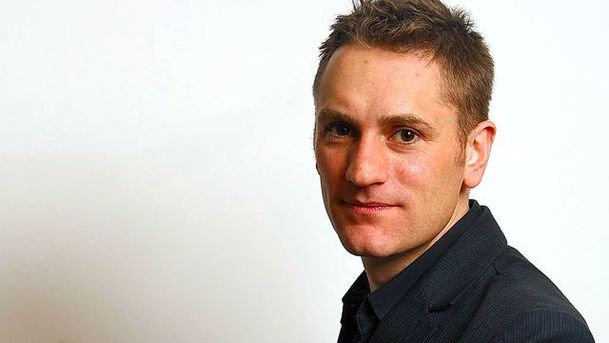
Frontiers - Hydrogen for Transport
Vehicles powered by hydrogen fuel cells promise pollution free transport. Gareth Mitchell explores if hydrogen can ever realistically replace oil as the fuel for mass transport.
Details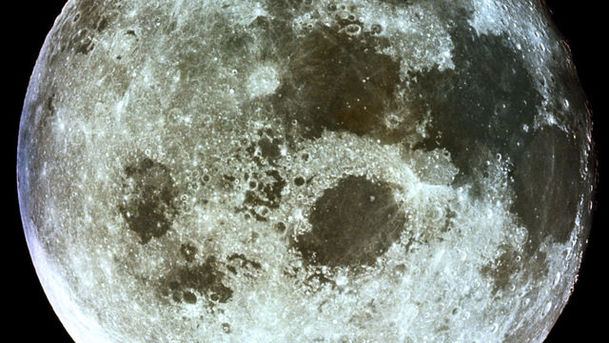
Frontiers - Lunar Transient Phenomena
Andrew Luck-Baker investigates the mystery of fleeting patches of bright light over areas on the Moon, which a new project is trying to solve by using robotic telescopes.
Details
Frontiers - Medicines for Children
Graham Easton reveal why medicines for children lag behind adults. Many of the drugs that are given to children have never been properly tested, but this is apparently to change.
Details
Frontiers - Mission to Mars
Mission to Mars: Early next year, six Russian cosmonauts will simulate a mission to Mars, spending 500 days confined in an imitation spacecraft. Richard Hollingham reports.
Details
Frontiers - Muscle Wastage
Vivienne Parry hears how new research into the science of muscles is giving hope to the many thousands of people who suffer from muscle wastage due to illness or ageing.
Details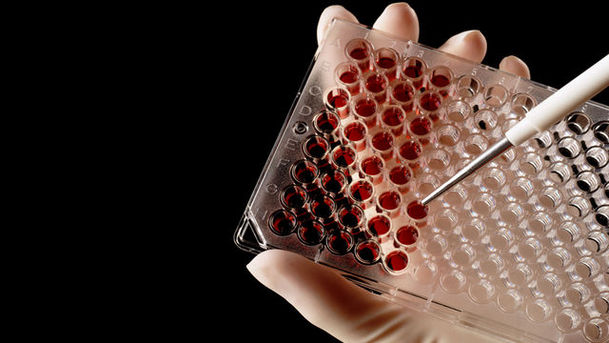
Frontiers - Nanofoods
Sue Broom talks to the food industry and academics who are making use of the quirky physical laws of the extremely small to create 'nano foods'.
Details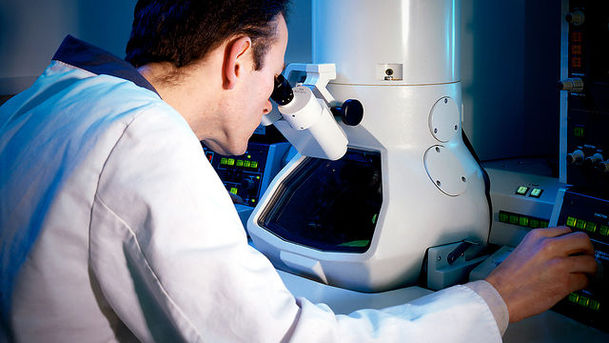
Frontiers - Nanoparticles
Nanoparticles are now being used to develop novel medical treatments. As uses for these tiny particles increase, Richard Hollingham asks if legislation to control them is adequate.
Details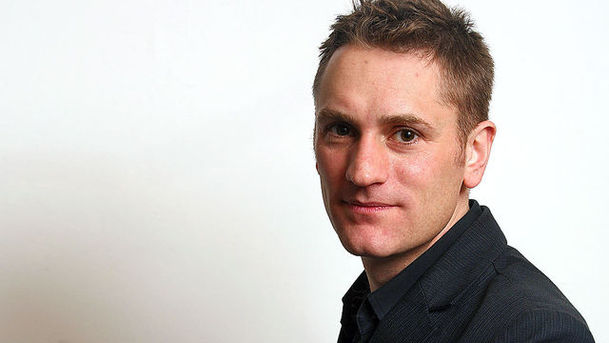
Frontiers - Nuclear Fusion
Gareth Mitchell asks if nuclear fusion could be close to generating energy, and visits a facility in California which is using giant laser beams to try to initiate nuclear fusion.
Details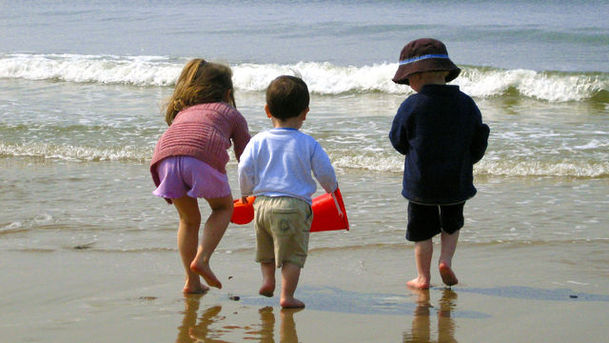
Frontiers - Origins of Childhood
Andrew Luck-Baker asks why humans, unlike other primates, have such a long childhood. What advantages does a long childhood bring to us as a species?
Details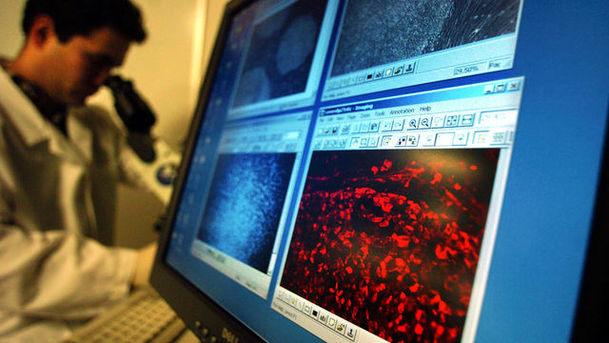
Frontiers - Stem Cells
Sue Broom catches up on progress in stem cell research, talks to the leading scientists and finds out if stem cell science is coming out of the labs and into the clinical setting.
Details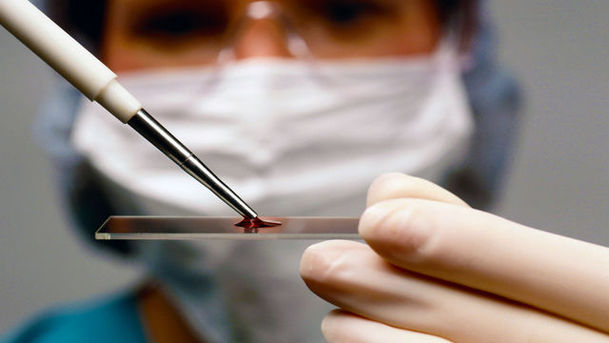
Frontiers - Synthetic Biology
Richard Hollingham investigates the practical and moral questions raised by synthetic biology and meets some of the scientists who are designing 'new life'.
Details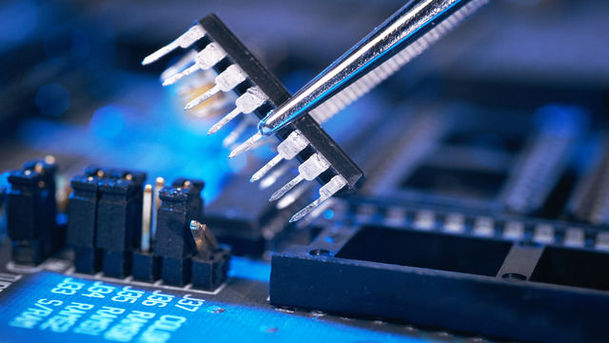
Frontiers - The end of Moore's Law?
Ever smarter, faster and cheaper silicon chips have driven the computing revolution but Roland Pease asks if this rapid pace of technological change is about to grind to a halt.
Details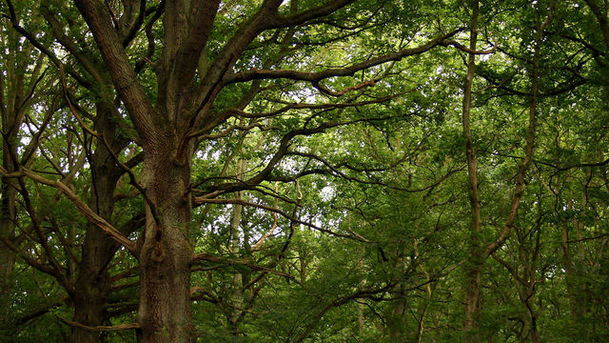
Frontiers - The First Forests
The First Forests: Reporting on new discoveries that reveal how the first forests transformed the planet 380 million years ago.
Details
Frontiers - The Gamma Ray Skies
The Gamma Ray Skies: Scientists are finding more sources of very high energy gamma waves. What causes these cosmic explosions and what do they tell us about our galaxy?
Details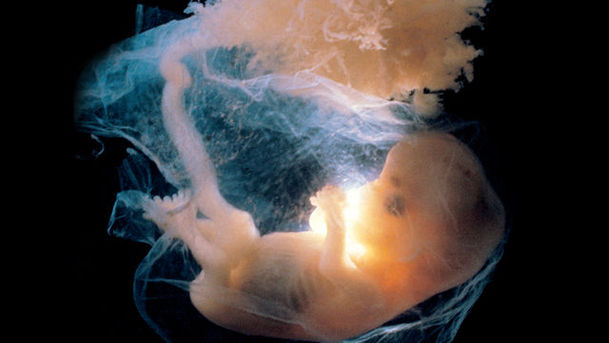
Frontiers - The Placenta
Sue Broom visits the UK's first specialist placenta clinic in Manchester to discover how scientists are trying to prevent premature birth and miscarriage.
Details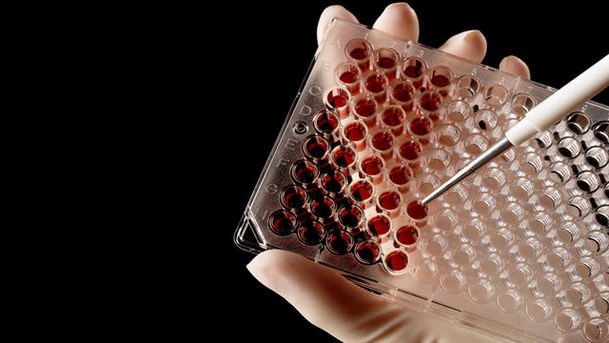
Frontiers - X-Rays for Peace
Adam Hart-Davis visits the SESAME X-ray project in Jordan, where Palestinian works alongside Israeli, Cypriot alongside Turk, and Egyptian alongside Iranian.
Details